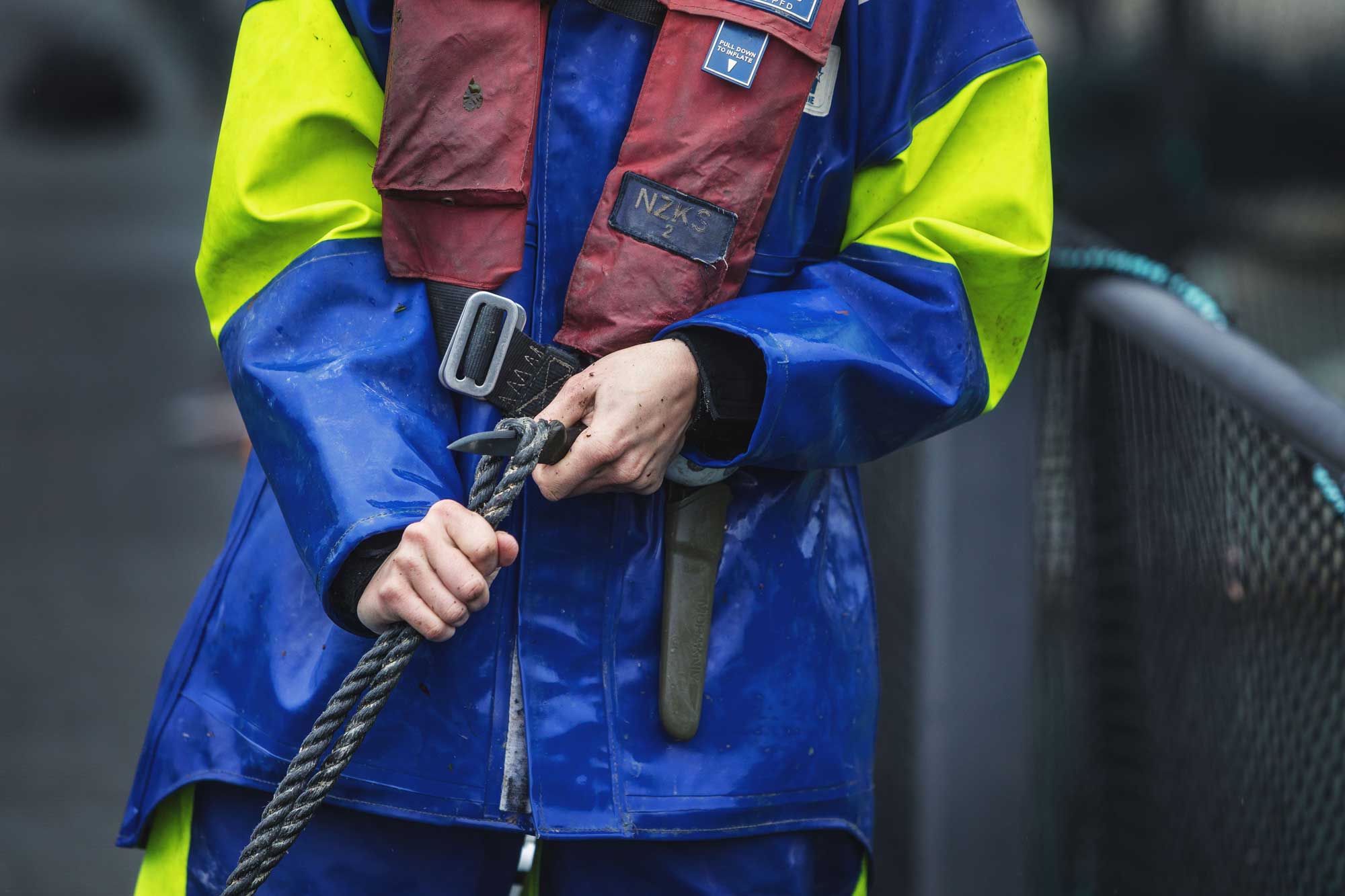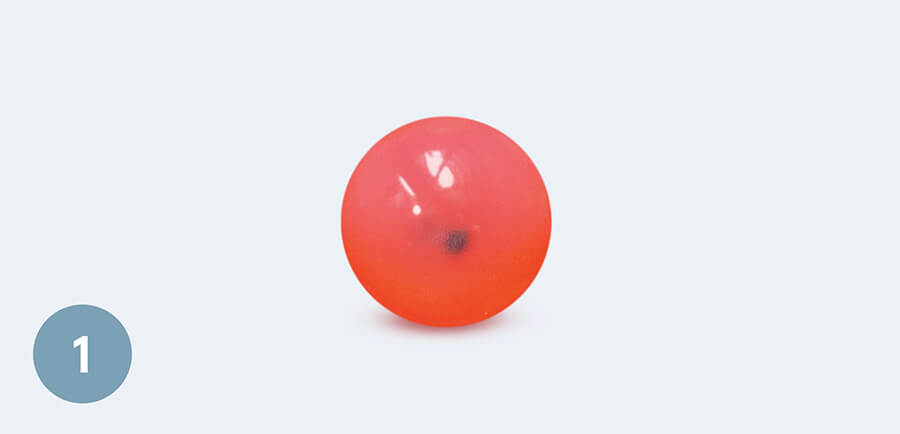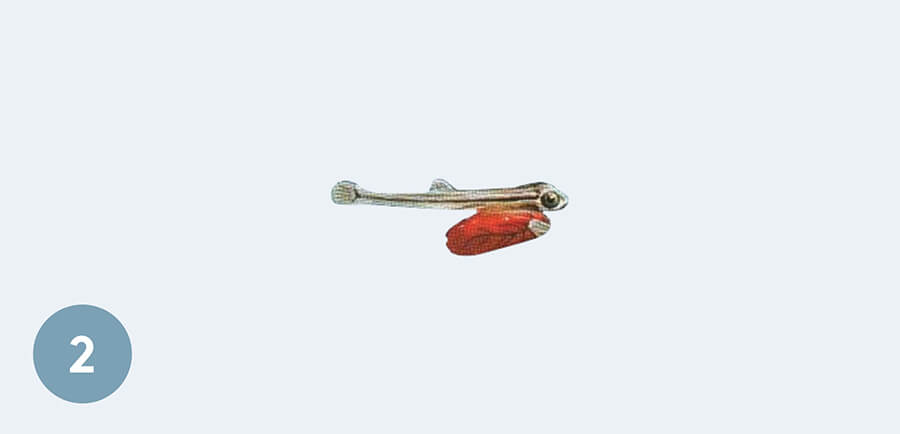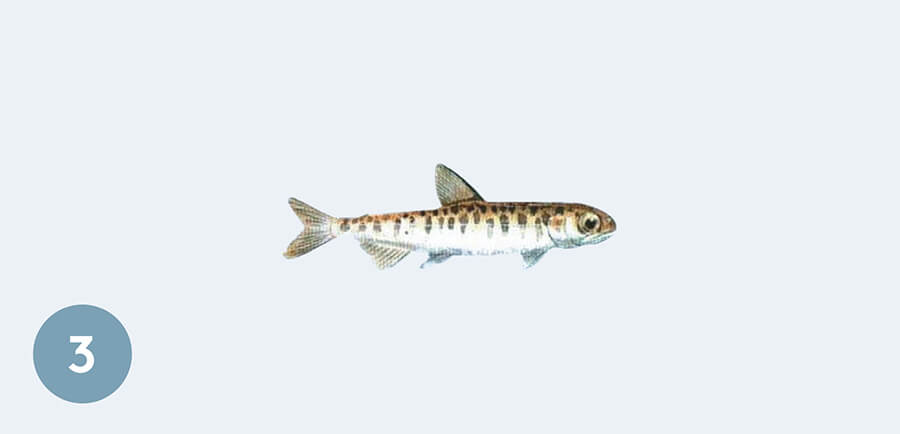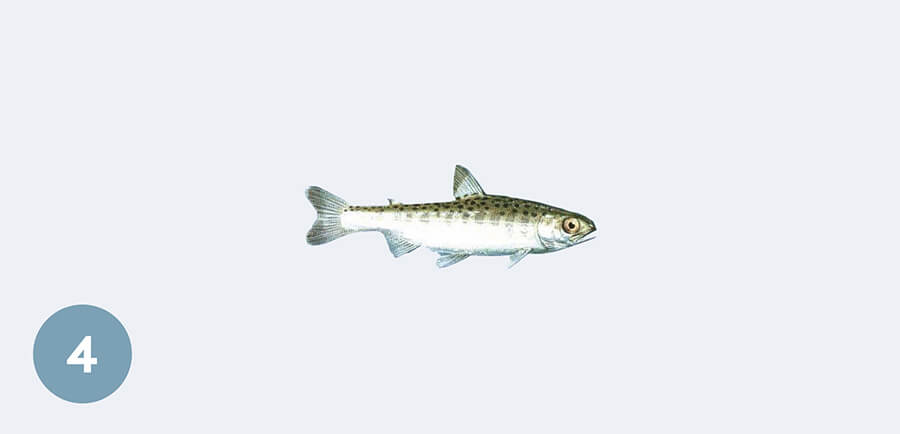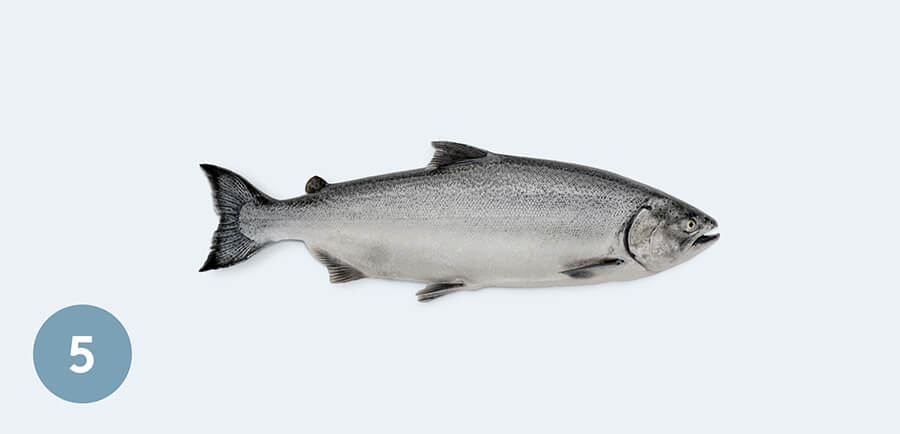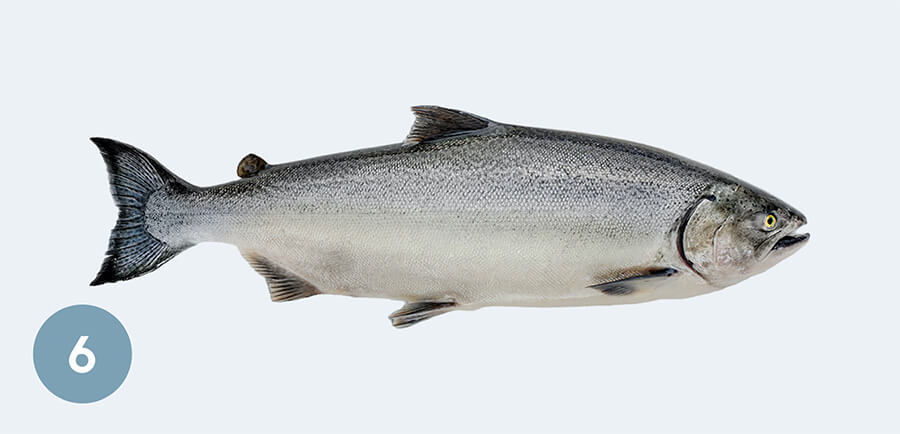Our Farming
The environment plays a critical role in the raising of our King salmon. From the crystal-clear waters flowing from Te Waikoropupū Springs in Tākaka, Golden Bay, to the majestic marine environment that is the Marlborough Sounds.
Freshwater
We operate two freshwater facilities across the South Island of New Zealand. These freshwater sites support our broodstock, hatchery and smolt production.
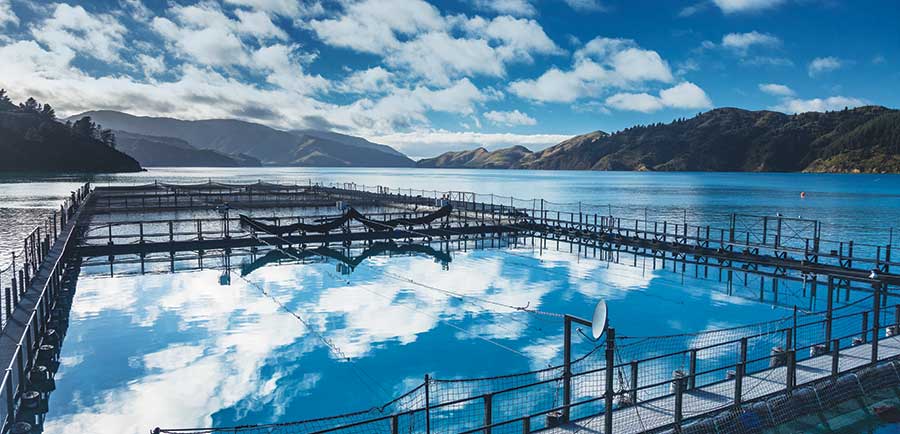
Seawater
Our seafarms are located in the Marlborough Sounds, at the Top of the South Island. They are situated in the Tory Channel, Queen Charlotte Sound and Pelorus Sound.
King salmon lifecycle
Our farming operations follow the lifecycle of King salmon and enable year-round production.
Robust, tried and tested systems
Each component of our farm management strategies, processes and techniques has been tried and tested over the 35 years we have been in operation. We have comprehensive operating and training manuals and procedures in place, in addition to management plans which are regularly reviewed and updated.
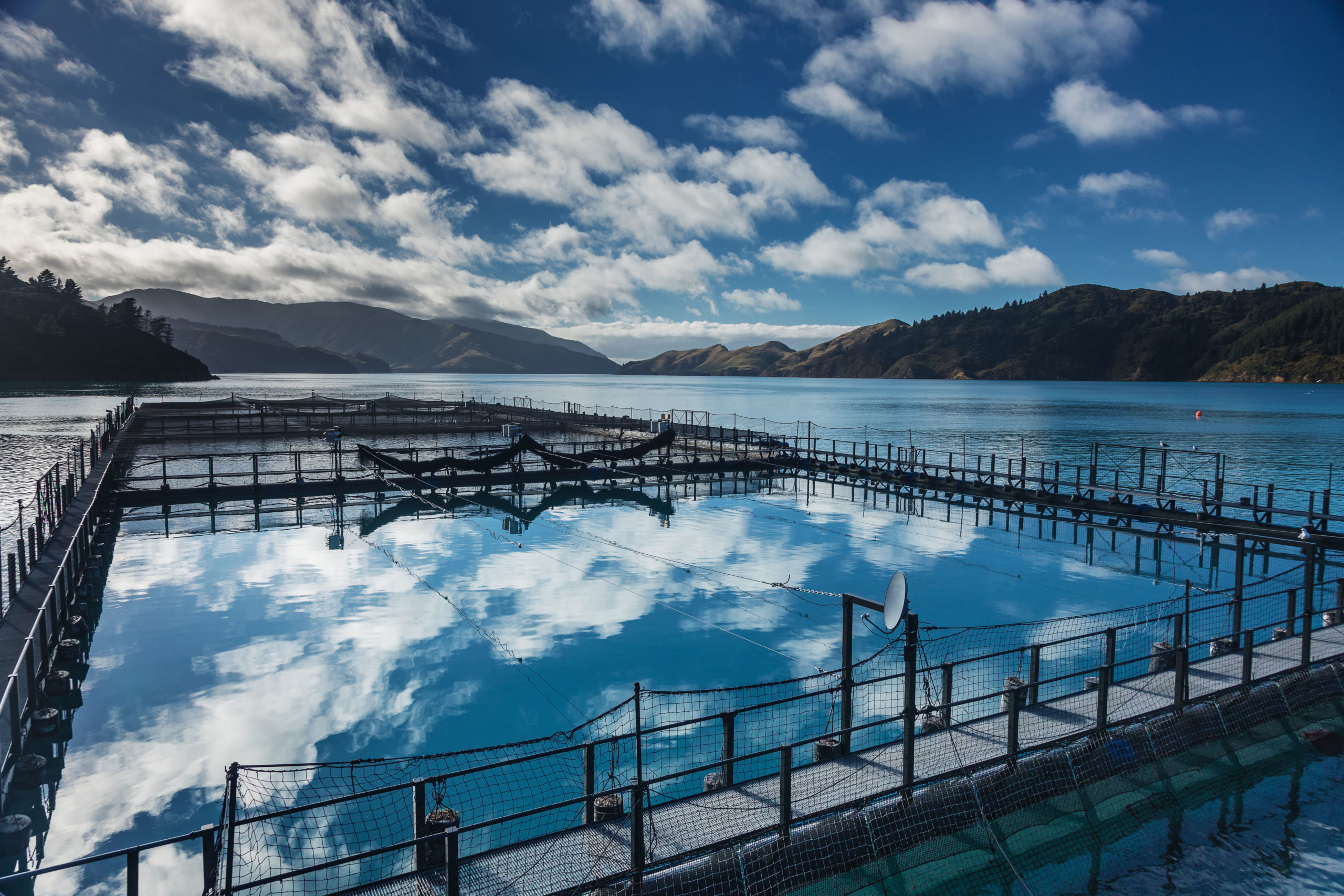
Our footprint
Salmon farming is an efficient form of animal food production. And with our seafarms occupying just 0.03% of the Marlborough Sounds, we create great value from a small farm footprint.
Fish welfare
The health of our fish is our top priority. We employ fish health experts to support our farm team in implementing our Fish Health Management Plan. This is achieved through:
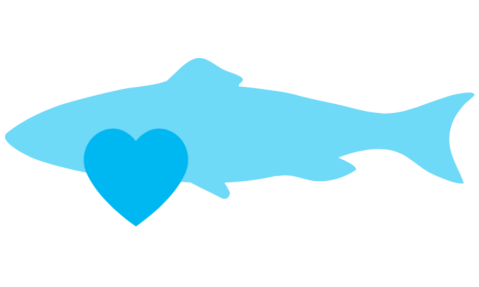
Good Husbandry

Routine Health Monitoring
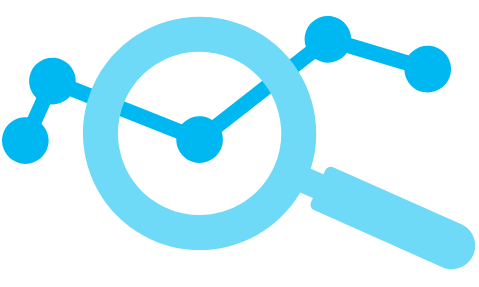
Early Investigation

Rapid Response

Ongoing Philosophy of Continual Improvement
What do we feed our salmon?
The formulation of our feed changes to meet the dietary requirements of our King salmon throughout their lifecycle.
Open ocean farming
Open ocean farming could have a range of benefits including improved biosecurity and fish welfare, community and environmental benefits, as well as minimising the impact of seasonal temperature fluctuations.
